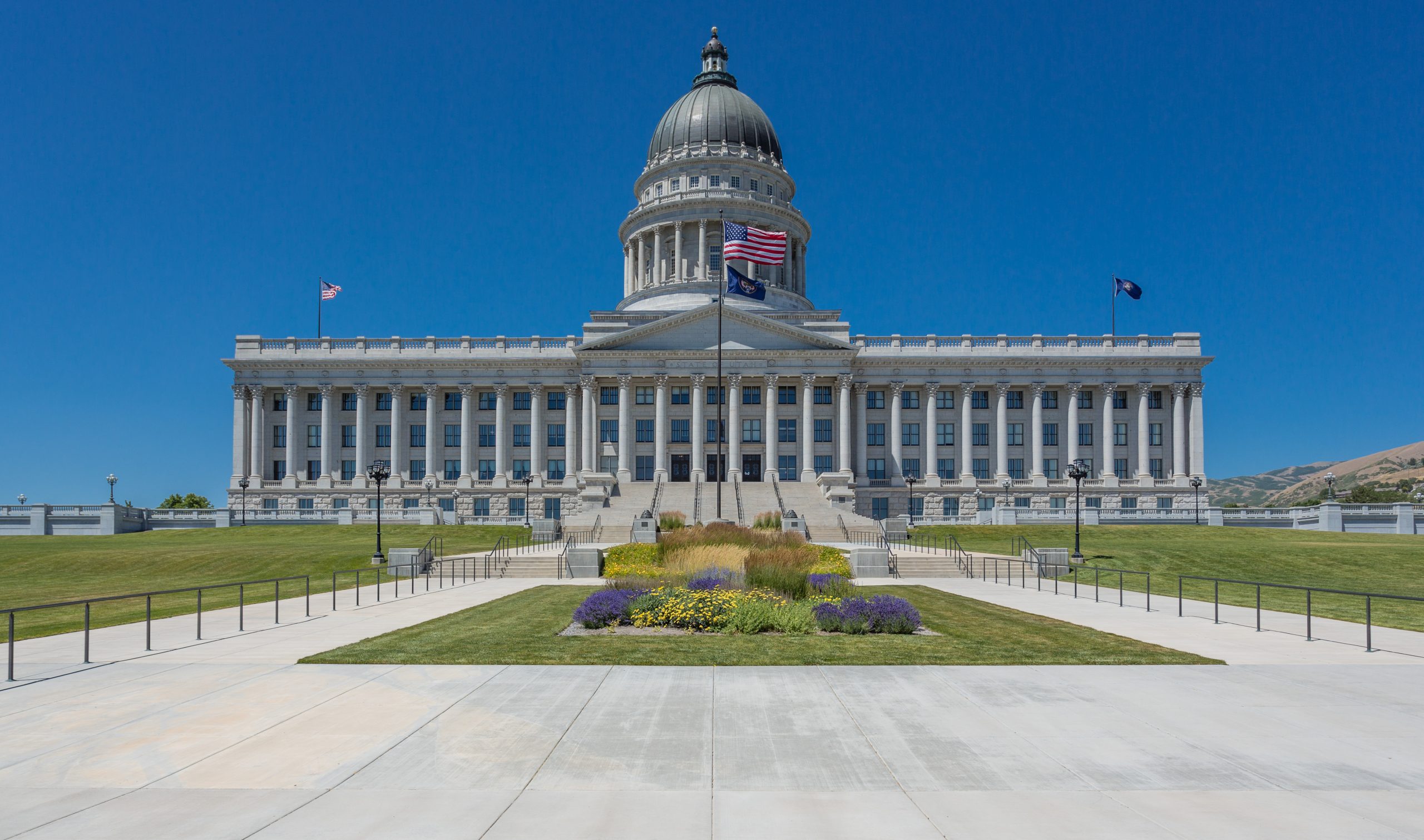
By Brooke Adams
Before the final tick of the clock ended the 2021 session of the Utah Legislature, lawmakers considered or acted on about a dozen bills related to the work of the McCluskey Center for Violence Prevention. While the center does not focus on response or policy, what happens more broadly on campus, in the larger community, and the state does influence us and we are highly committed to educating campus community members about these important issues.
Here is a summary of lawmakers’ actions on bills related to relationship sexual violence:
- Approved a $13.5 million settlement between the university and the McCluskey family, which was announced in October 2019.
- Approved modifications to Utah’s revenge porn law to allow prosecution of an individual who distributes an intimate image of another person even if that person is incapacitated or deceased and also removed a requirement that the person depicted in the image has to prove emotional distress if they are the victim of a crime. The law also now specifies that an intimate image cannot be distributed by any investigator or prosecutor who has access to it unless there is a legitimate law enforcement or investigative purpose.
- Passed a resolution aimed at raising awareness of sexual assault in the military. The resolution honors the strength, resolve, and perseverance of sexual assault survivors who serve or served in the military and designates November 2021 as Military Sexual Assault Survivors Month in Utah. The resolution included some statistics: An estimated 20,500 members of the United States Armed Forces—13,000 women and 7,500 men— were survivors of sexual assault in 2019, with 7,825 cases reported; the number of cases increased 3% from 2018. The resolution said that highlighting the problem will help spur interest in improving educational and preventative initiatives at a state level.
- Passed a bill requiring campus law enforcement agencies to share reports of crimes that occur beyond their jurisdiction with the law enforcement agency that does have jurisdiction. The bill also requires higher education institutions to aggregate crime statistics by type of student housing facility—both facilities on-campus and those off-campus it owns, manages, controls or leases—and include the information in the annual campus safety report. In addition, institutions must collect and report crime statistics for housing facilities operated by student organizations.
- Did not take final action on a bill that would have banned the sale in Utah of over-the-counter or do-it-yourself sexual assault forensic exam kits. The Utah House passed the legislation, but the bill got held up in a senate committee. The kits, currently available online, allow an individual to independently collect physical evidence of a sexual assault. The bill was sponsored by Rep. Angela Romero, D-Salt Lake, who said the issue was brought to her attention by SANE nurses and community advocates who work with sexual assault survivors. Romero and other lawmakers who spoke in favor of the bill said the kits give “false hope” to survivors as they aren’t accepted by law enforcement or admissible in court.
- A bill that would have made engaging in sexual conduct without receiving affirmative consent a third-degree felony failed in the House Law Enforcement and Criminal Justice Committee. The bill defined affirmative consent as words or actions by an individual indicating freely given agreement to engage in sexual conduct. It also stated that affirmative consent given once could not be construed as an ongoing agreement. And it included a provision stating that initial affirmative consent could be withdrawn through words or actions at any time before or during sexual activity.
- A bill that would have required the Utah State Board of Education to establish a curriculum on sexual violence behavior prevention and sexual assault resource strategies failed in the House of Representatives. Rep. Carol Spackman Moss, D-Salt Lake, said Utah has a “serious” problem with sexual abuse, rape, and violence. She said the bill’s primary focus was to provide information on how to set boundaries and how to get help if needed. The strategies included in the bill were defined as “tools a student can use to get help to address the physical and psychological effects of sexual assault.” It defined prevention education as instruction that promotes the understanding that “no one has the right to touch an individual in a sexual manner if that individual does not want to be touched.” It also would have focused on communication skills students may use to communicate about and show respect for others’ boundaries and information on how to recognize early signs of coercion, emotional manipulation, and grooming strategies. The bill required parental consent for students’ participation. In summing up her bill, Moss said that one thing higher education institutions are finding is that this kind of information is what young people coming to college say they need.
- A bill that would have required a person who is being stalked to show the perpetrator’s conduct exhibited a “continuity of purpose” was approved by two committees but did not get a hearing before the full House of Representatives.

Brooke Adams is a member of the McCluskey Center for Violence Prevention’s advisory board and executive communication manager in the University of Utah Marketing & Communications.
